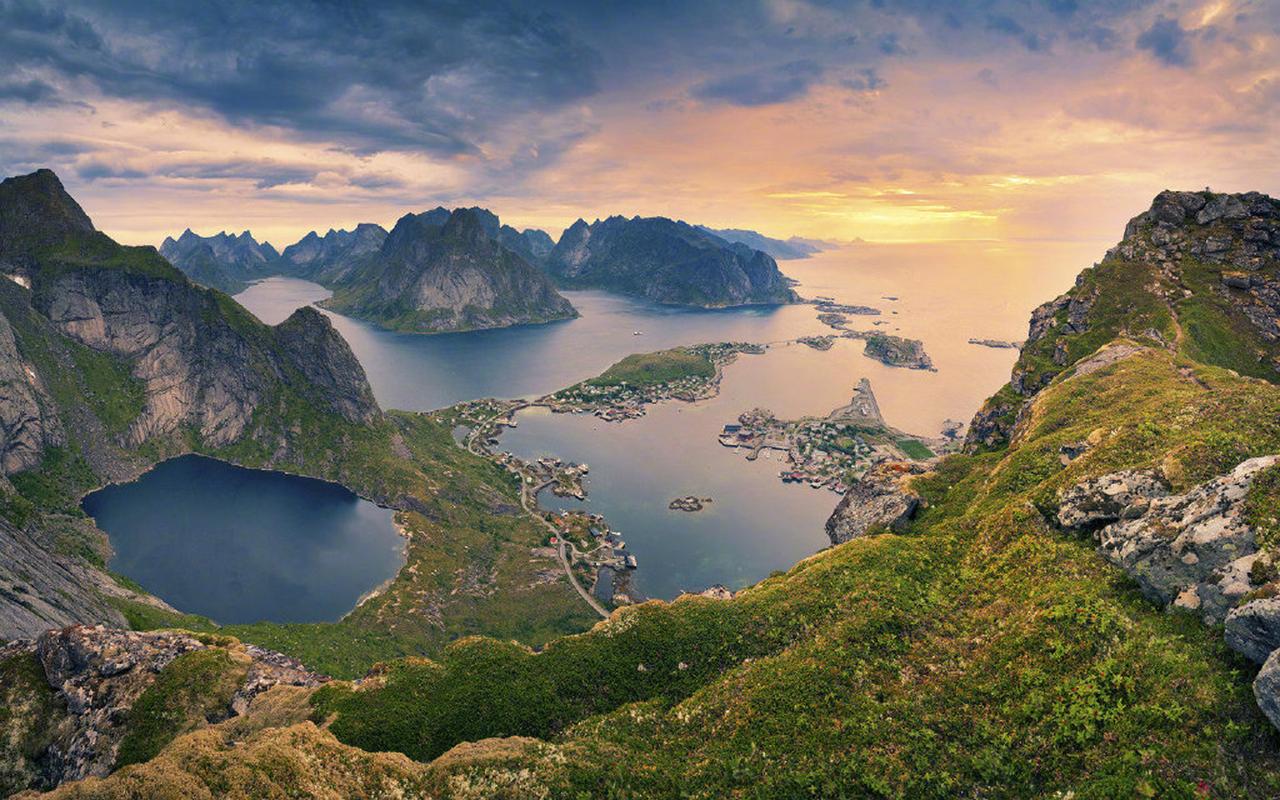Intangible Heritage: Understanding Our Immovable Past
When we think of heritage, we tend to focus on tangible things – buildings, artefacts, and other physical objects that have been preserved over time. However, there is another side to heritage that often goes overlooked – intangible heritage. This refers to the cultural practices, traditions, knowledge, and skills that have been passed down from generation to generation, and which make up an essential part of our collective identity.
Examples of intangible heritage include traditional crafts and skills, folk music and dance, oral traditions, and social practices like festivals and religious rituals. These are the things that give communities their unique character and identity, and they are no less valuable than the physical objects that we often associate with heritage.
One of the challenges of preserving intangible heritage is that it is often fragile and easily lost. Unlike a building or piece of art, culture and tradition exist only in the minds and memories of people, and if they are not actively transmitted and preserved, they can disappear within a single generation.
This is why it is essential to study, document, and protect intangible heritage. Doing so helps to keep these traditions and practices alive, and it ensures that they can be passed down to future generations. It also helps to foster a sense of cultural pride and identity, and it provides opportunities for cross-cultural understanding and exchange.
Fortunately, there are many organizations and initiatives around the world that are working to promote and protect intangible heritage. These include UNESCO’s Intangible Cultural Heritage program, which aims to safeguard and promote the world’s intangible cultural heritage, as well as many grassroots initiatives at the local and national levels.
If we truly value our cultural heritage, then we must recognize the importance of intangible heritage and work to protect and preserve it. By doing so, we can ensure that individuals and communities around the world continue to have a strong sense of their identity and place in the world.
(Note: Do you have knowledge or insights to share? Unlock new opportunities and expand your reach by joining our authors team. Click Registration to join us and share your expertise with our readers.)
Speech tips:
Please note that any statements involving politics will not be approved.
